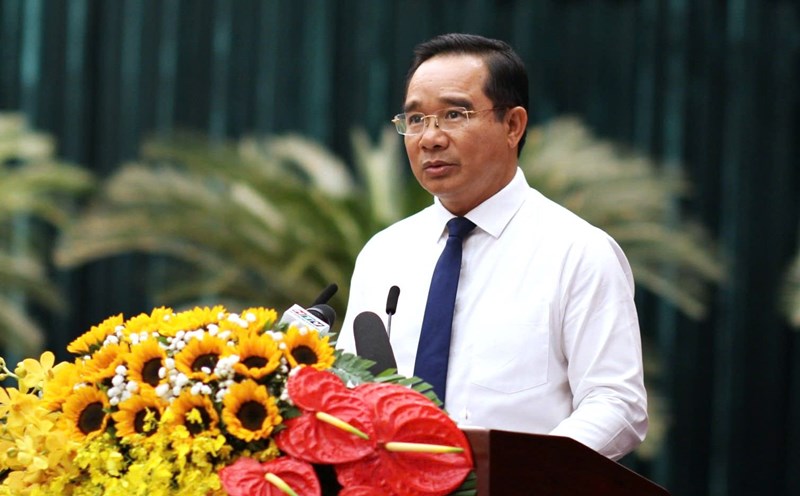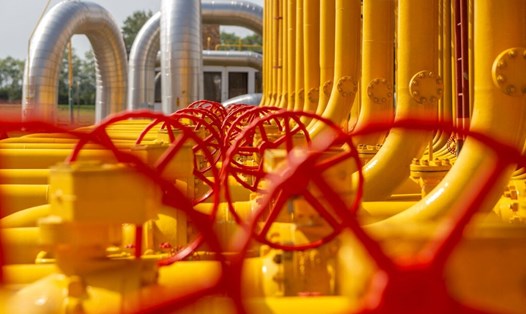Politico reported that on February 13, a European Commission official confirmed that the European Union (EU) has no plans to impose a price ceiling on gas as the bloc prepares to announce a green industry strategy.
The denial came after European energy traders and fossil fuel companies expressed concern about the possibility of Belgium re-applying emergency price ceilings.
On February 12, 11 industry associations, including Energy Traders Europe, Eurogas and the International Oil and Gas Manufacturers Association, sent a letter to European Commission President Ursula von der Leyen expressing deep concern about the move.
Energy sector organizations have warned that the European energy market and supply security across the continent will be severely affected once the measure is implemented.
The EU's reputation as a gas buyer will also be weakened and energy trading activities risk being pushed out of the bloc.
For the first time, EU member states agreed to the gas price ceiling in 2022, when Russia began a special military campaign in Ukraine, led to a spike in energy prices. However, this plan has never been activated because gas prices do not reach the prescribed ceiling.
Speculation surrounding the possibility of re-applying price ceilings arose as Brussels is about to announce a strategy called the "Clean Industry Agreement" on February 26, aiming to support high-emission industries. The goal of cutting energy costs is also part of the plan.
Recently, Europe has continuously faced energy-related challenges due to increased demand for electricity in winter, but the EU has just lost Russian gas supplies via Ukraine. This week, the EU's standard gas futures contract increased to a two-year high, reaching 58 euros/MWh.
According to Politico, the restoration of this measure could spark fierce political controversy in Europe. Talks on gas price ceilings have cracked relations between free market countries such as the Netherlands, Germany, Denmark and countries that tend to intervene more heavily in the economy such as Greece, Spain, and Poland.
An EU diplomat noted that the European Commission should consider the prospects of the gas market instead of continuing to stick to crisis handling measures from 2022 in planning.
Previously, this measure was passed as a temporary emergency law when wholesale gas prices skyrocketed to more than 340 euros/MWh in August 2022.
An EU official said that Europe is now out of the crisis, which means that options must be carefully analyzed before being proposed. The European Commission will likely have to propose price ceilings as a standard law, rather than as an emergency measure as before.











